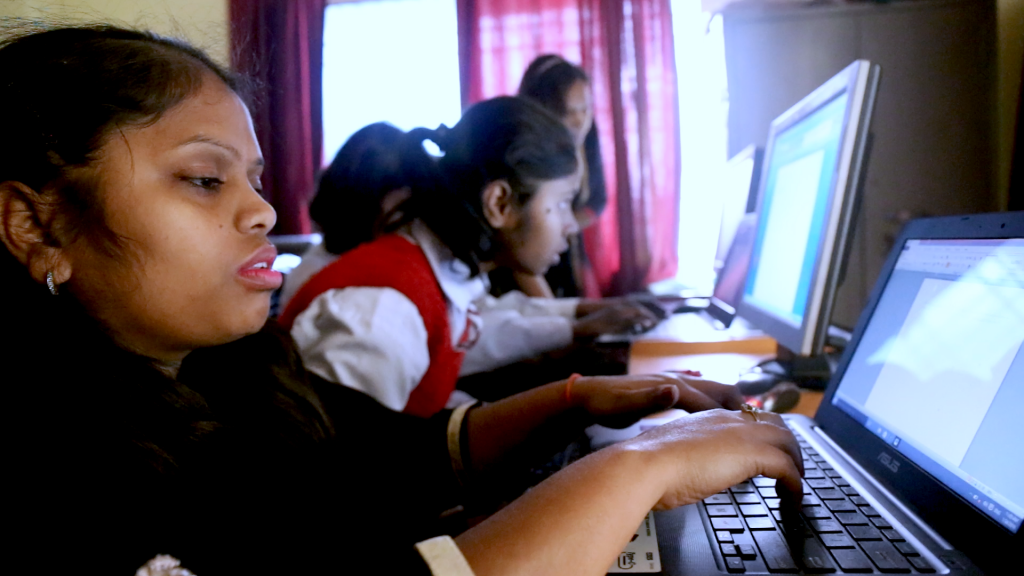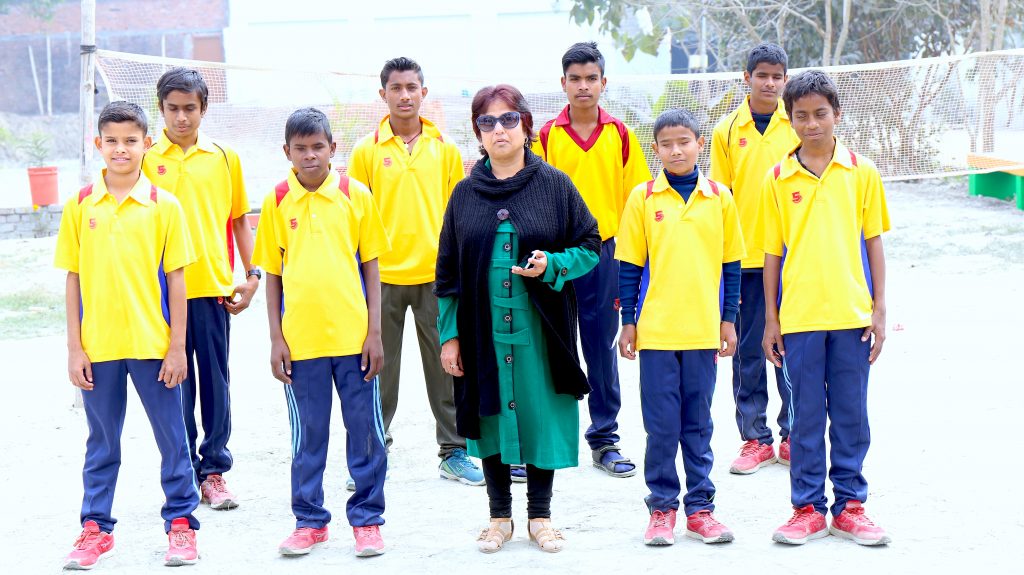

Overview of SHUBHAM Viklang Vikas Sansthan
Shubham means auspicious. Shubham is an unconventional welfare society for the disabled, mentally retarded and underprivileged children of society. Here a multi-pronged strategy is adopted for the all round development of these challenged children starting with medical attention, providing hearing aid and other implements, physiotherapy, education up to class 10th, development of money-making skills etc. for their independent leaving and inclusion with society.
SHUBHAM provides education to deaf, blind, mentally retarded, multiple disabled and loco-motor disabled. The society runs a special residential school for visually & Hearing impaired children with free hostel and other facilities. Ninety students are admitted to the school. Shubham Badhir Vidyalaya provides education to Hearing impaired children. Auditory training, lip-reading, concentration stimulation program, whole language approach, self instruction learning, main-streaming, independent living skills and experience based learning are some of the innovative exercises that are adopted for the education of deaf. 40 deaf and 57 blind students have passed class 10th from this school and either pursuing higher studies or engaged in gainful employment. .
On the outskirts of Muzaffarpur town, it is spread over a hectare of land provided by the family of Dr. Sangeeta Aggawal, the moving spirit behind this organization, and run with contributions from family and other well wishers and voluntary help from doctors and therapists.
Our team of dedicated personnel, therefore, strive hard to make these Challenged children’s future auspicious for them as well as the society. Help people with disabilities to become independent through following services :-
- Making them aware of their rights and responsibilities.
- Providing them with an enabling atmosphere for their overall development.
- Running interventional programs for minimizing sensory, mental and physical deficiencies.
- Running the educational programs for the children with disabilities.
- Providing them vocational and special training facilities through networking with other organizations.
- Distribution of special aids and assistive devices.
